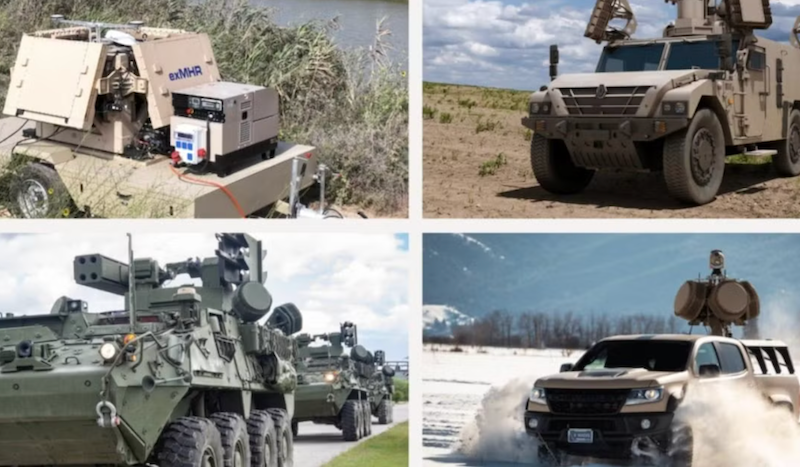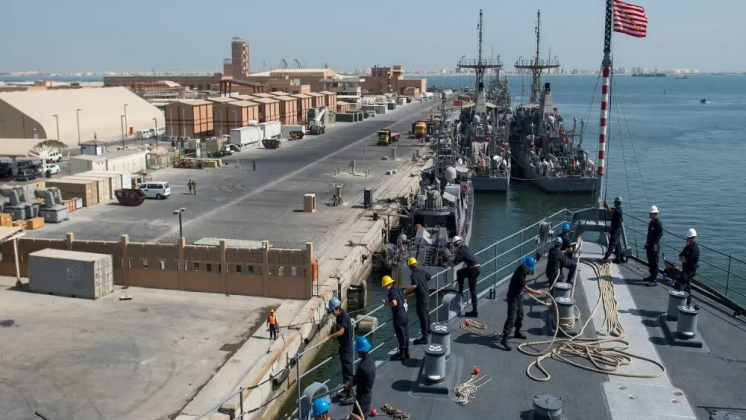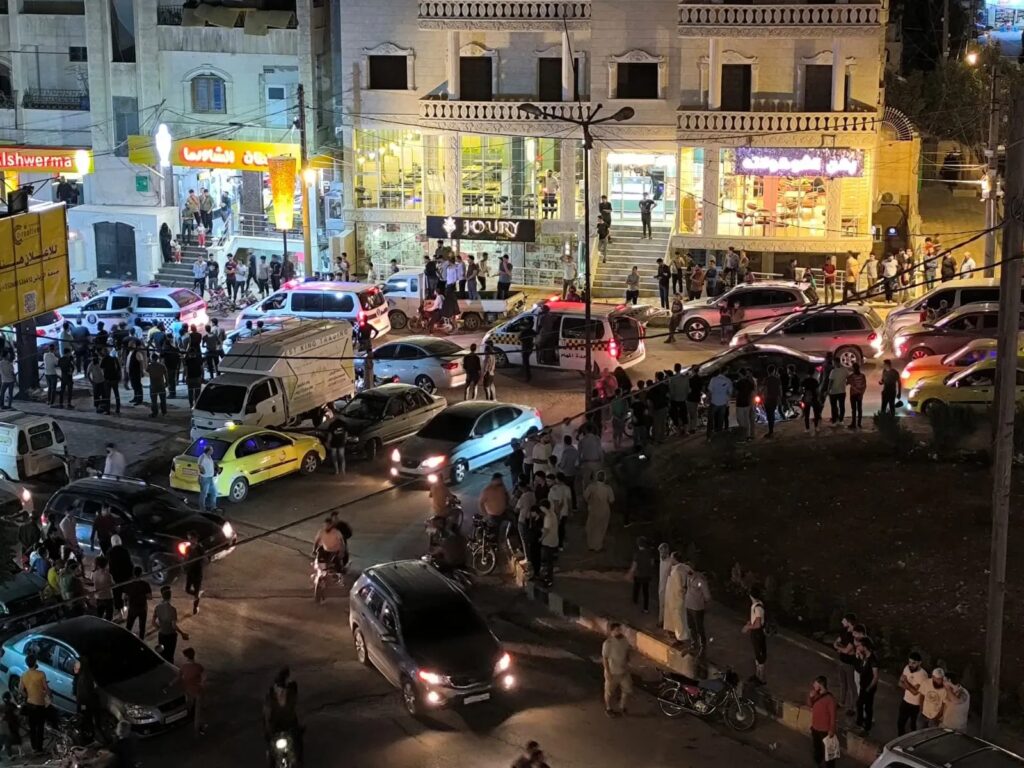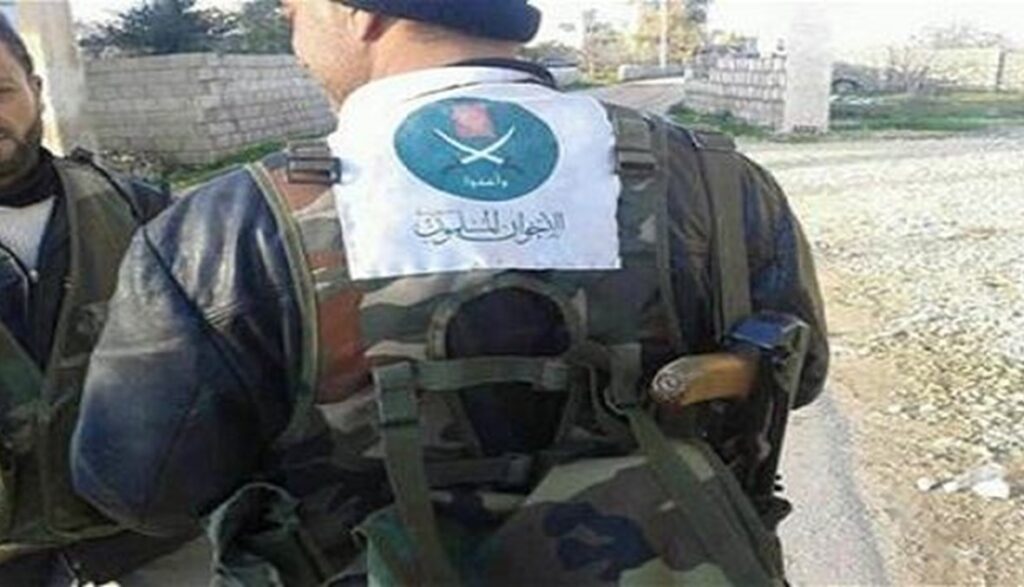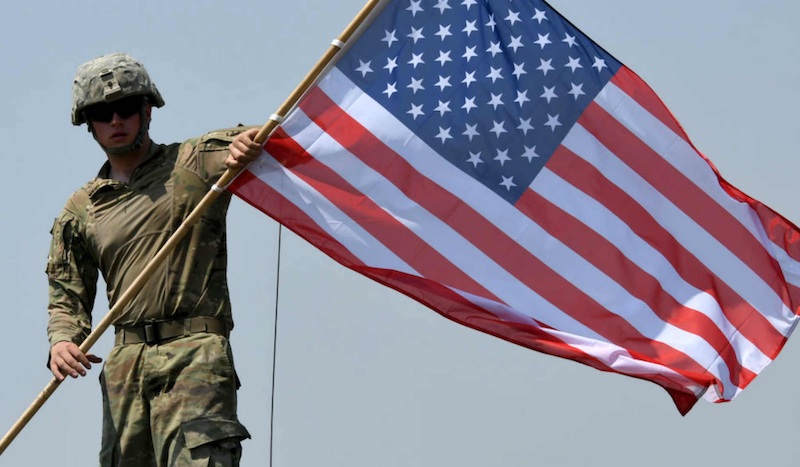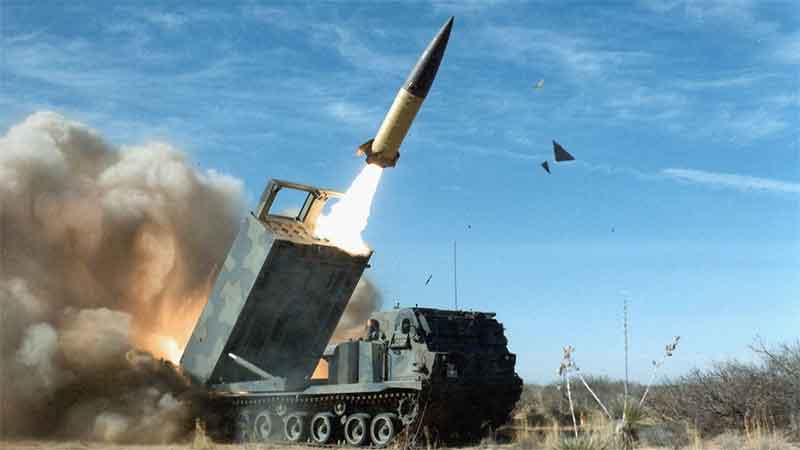“We don’t believe that those who abandoned us will save us.” How Kursk residents voted in the gubernatorial elections — report
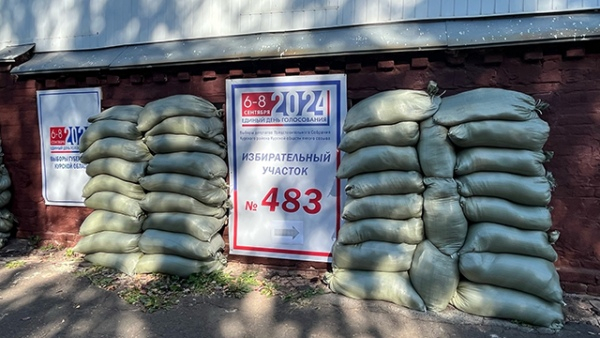
The loss of control over the border part of Kursk Oblast did not prevent Russian authorities from holding “elections” for governor and heads of settlements in the region. The current acting governor, Alexei Smirnov, won the vote, which lasted 12 days instead of three, with 65.28% of the votes. The authorities announced a record turnout in the elections – more than 61% of residents, taking into account early voting. As The Insider correspondent found out, who visited Kursk Oblast, local residents did not receive the elections with much excitement: they equally do not trust the current authorities, nor the possibility of replacing them in the elections. And it is not surprising, because before this, the state was unable to provide either defense, evacuation, or even a missile warning system.

